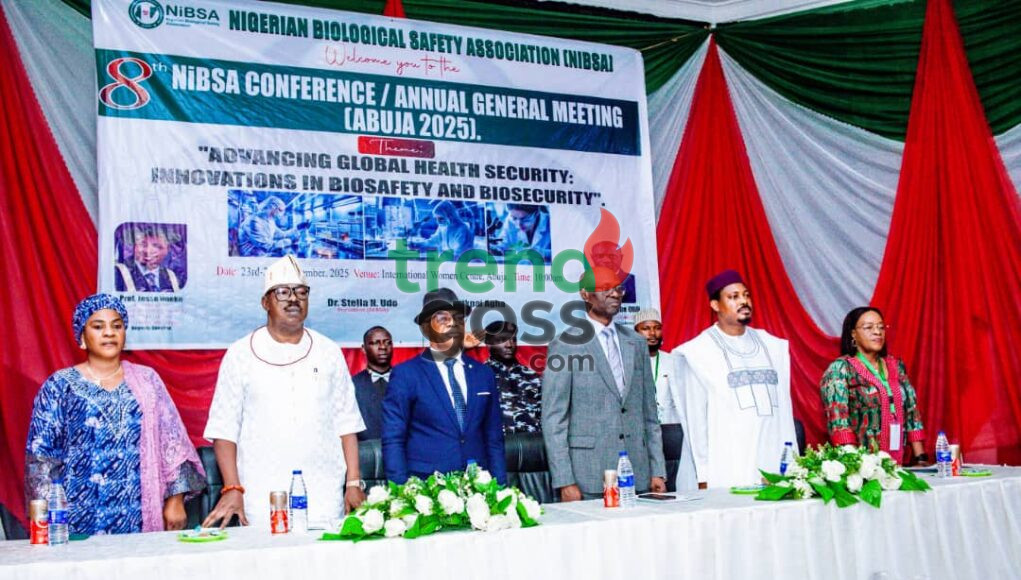The Vice Chancellor of David Umahi Federal University of Health Sciences (DUFUHS), Uburu, Ebonyi State, Professor Jesse Uneke, has emphasized that ensuring global health security requires collective and coordinated efforts across multiple sectors to effectively respond to emerging public health threats.
Professor Uneke made this known during a high-level conference held in Abuja, which brought together biosafety and biosecurity experts, health professionals, environmental stakeholders, and security agencies to explore new strategies for strengthening global health security systems.
Speaking at the event, the Vice Chancellor underscored the importance of preventive measures and robust health systems in addressing potential disease outbreaks and other biosecurity challenges.
“We must embrace shared responsibility, prevention, early detection, and prompt response through a multi-sectoral approach to strengthen global health resilience,” Uneke stated.
He identified major threats to global health security to include infectious disease outbreaks, globalization, and the rise of drug-resistant pathogens, which continue to undermine healthcare systems globally.
Uneke further highlighted the growing importance of biosafety and biosecurity, pointing out the role of technological innovations such as artificial intelligence (AI), synthetic biology, and rapid diagnostic tools in combating future epidemics and pandemics.
Also speaking at the conference, the Director of Intelligence at the Defence Intelligence Agency (DIA), Air Commodore Raymond C. Nwankwo, delivered a paper titled “Protecting People, Pathogens, and Data.” He emphasized the crucial intersection between biology, technology, and national security, calling for comprehensive risk assessments, accurate inventory management, and strict biological safety protocols.
In her address, the President of the Nigerian Biological Safety Association (NIBSA), Dr. Stella Ngozi Udo, encouraged participants to use the conference as a platform to drive policies and innovations that will safeguard public health and improve lives.
The conference concluded with a call for greater collaboration among scientists, security agencies, and policymakers to create sustainable frameworks for protecting populations from biological threats and enhancing national and global health security.







ok